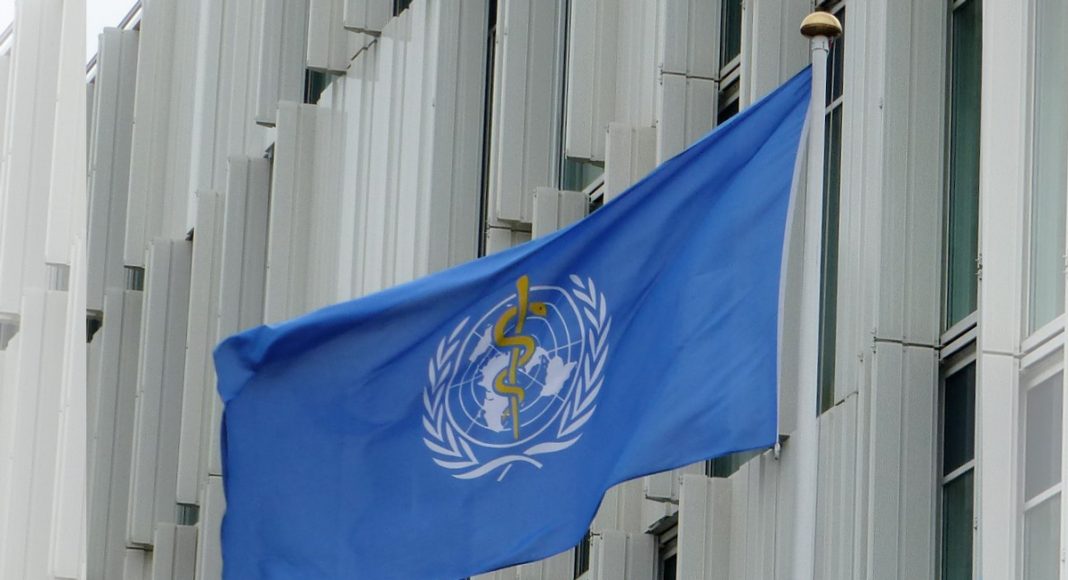There was hope that the World Health Organization (WHO) would come forward before the end of the year with a recommendation for amending the dangerous drug classification of the cannabis plant within the confines of the international drug treaties, but that seems unlikely at this juncture.
The U.N.’s health agency recently announced that it was postponing its high-anticipated cannabis rescheduling reveal, as it has yet to complete a thorough review of all the evidence collected during its investigation.
Earlier this year, WHO said it was compiling information on the cannabis plant, including scientific data, the thoughts of global governments and public testimony, in an attempt to reevaluate whether cannabis belongs the same ranks as other Schedule I drugs. The agency was expected to have a report ready to go by sometime in early December – presenting it at the latest Commission on Narcotic Drugs in Vienna — but WHO now says it needs more time before it can appraise the situation.
The agency’s indecision has cannabis advocates in a state of discontent. Many representatives of global governments showed up last week expecting to perhaps bear witness to a historic day in the realm of international cannabis reform. But little did they know the agency would brush off the issue until a later time. This has many concerned because they say WHO’s inaction could cause a dust-up in March 2019 when member states are expected to take up a vote on the marijuana issue. They feel countries need time to review the recommendations before making a final vote.
“The fact that the recommendations weren’t made today as expected could mean that when the time comes to decide what to do with the recommendations in March, it will be easier for certain countries to argue that they didn’t have enough time to review the inputs to have a position, possibly delaying the process once again,” Bruno Javier Faraone Machado, permanent representative of Uruguay to the United Nations told Marijuana Business Daily.
There is no doubt the U.N. is feeling pressure to make some changes to its drug policy. In October, the International Drug Consortium released a report calling the UN’s drug war a “spectacular failure of policy.” It found that marijuana is the leading drug of choice when it comes to illicit trafficking and use.
Many believed the IDPC report combined with the fact that countries like Uruguay and Canada, as well as a growing number of American states, have legalized cannabis for recreational consumption, would be a catalyst to downgrading cannabis within the boundaries of international law. And it still could.
Over the summer, WHO published a report saying that marijuana was a “relatively safe drug” that causes no significant health issues.
The agency has yet to say when it is expected to complete its review.


